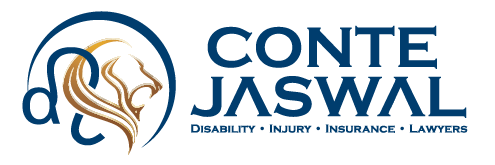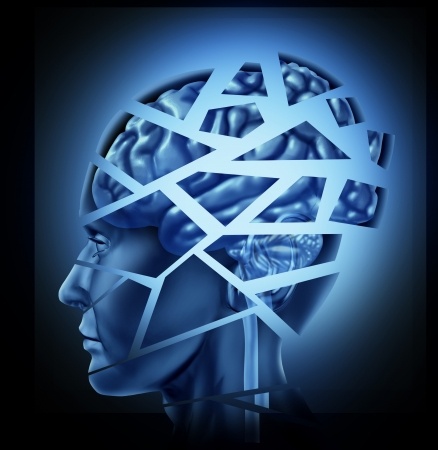Brain injuries can be extremely difficult to diagnose—a factor that makes prosecuting them extremely difficult. The signs of a brain injury can be immediately visible, or delayed, meaning symptoms can appear anywhere from immediately after the accident up to years after. They are however, visible—and should be monitored closely by loved ones and qualified healthcare providers.
What are the Signs of a Brain Injury?
Signs of a brain injury can occur after any Traumatic Brain Injury or Acquired Brain Injury. Signs of a TBI should be monitored after car accidents, blow(s) to the head, sports-related injuries, falls, assaults and other types of accidents. Signs of ABIs can become apparent after poisoning, toxic exposure, brain infections, after prolonged oxygen deprivation from strangulation choking or drowning, after a stroke, heart attack, tumor, aneurism, pharmaceutical and illicit drugs and from neurological disease.
Signs to watch for after a significant brain injury include:
·Difficulties receiving and processing daily information and/or abstract concepts.
·Difficulties communicating smoothly with others—both speaking and listening.
·Short and Long term Memory loss.
·Ringing in your ears.
·Impaired decision-making processes.
·Changes in your senses—specifically vision, hearing and/or touch (and to a lesser extend smell and taste).
·Disorientation in spatial relations and difficulty maintaining balance.
·Inability to process time.
·Mental and/or physical fatigue.
·Tremors, paralysis and/or seizures.
·Headaches, migraines and/or sensitivity to light.
·Slurred speech and altered or loss of consciousness.
·Changes in sleeping patterns.
·Changes in personality, including becoming irritable, aggressive, emotional, impatient and a lowered tolerance for stress.
·Flattened or heightened emotions.
What to Do if a Loved One Exhibits Signs of a Brain Injury
If you have a loved one experiencing a combination of symptoms listed above then you will need to have the condition assessed by a neurological expert. To book an appointment with a neurologist and a neuropsychologist you will need to obtain a referral from your family physician. We work closely with these specialists as well.
A qualified professional will need to run one or more tests, from simple neurological assessments to MRI to CT scans, to create a diagnosis. Once a diagnosis is reached they will create a long-term recovery plan for you that may include physical, occupational, speech & language and/or psychological therapy.
Know your Rights
If you or a loved experienced a traumatic brain injury or an acquired brain injury at work, in an accident or through any external source you may be eligible for benefits. Contact the legal team at Conte & Associates today to find out if you are entitled to post-injury support benefits and compensation. We assist our clients with access to specialists as well as day to day treatment and assistance from professionals such as Social Workers, Occupational Therapists, Rehabilitation Workers etc.



